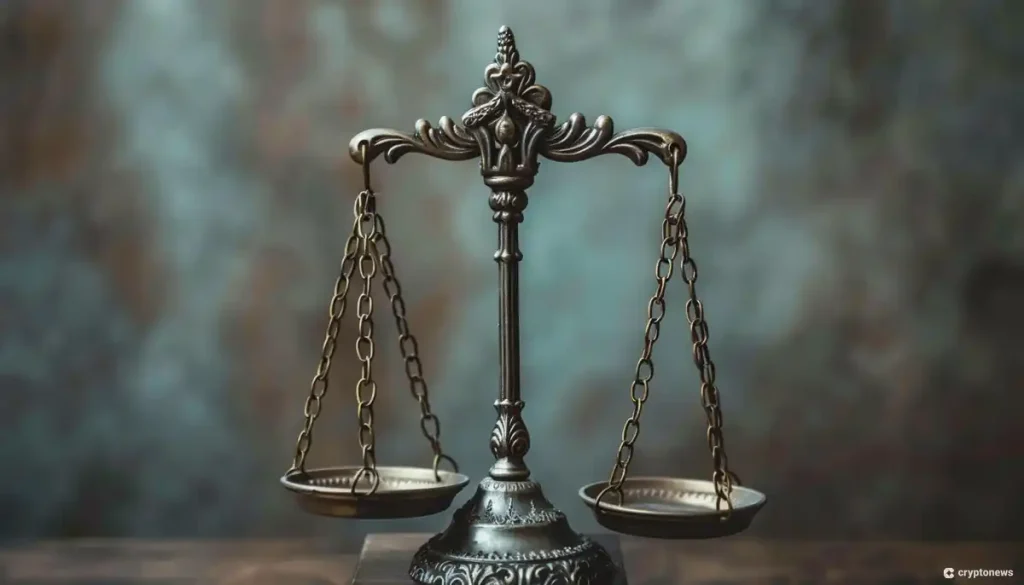Coinbase Chief Legal Officer Paul Grewal criticized the US Securities and Exchange Commission (SEC) on May 14 regarding the Debt Box case and called on other crypto exchanges to query the SEC’s previous actions, citing the far-reaching implications for the sector. Grewal specifically questioned the SEC’s “Wells Notice” strategy, stating that the SEC deviated from its typical process in the case against Debt Box. He highlighted that the SEC did not provide a thorough explanation to Coinbase as required by the Wells process, raising questions about the validity of the regulator’s claims.
In response to the lack of clarity and insufficient explanations of charges against popular crypto exchanges like Ripple, Binance, Kraken, Robinhood, and Uniswap, Grewal called on these exchanges to stand against what he termed as “gaslighting” by the SEC. The regulator’s actions were criticized as inconsistent and arbitrary, leading to concerns within the crypto industry regarding the SEC’s approach to enforcement. The ongoing legal dispute between Coinbase and the SEC, which began in June 2023, continues to highlight tensions between the regulator and crypto companies over securities regulations.
Judge Robert Shelby of the federal district court of Utah condemned the SEC for what he called a “gross abuse” of power in accusing Debt Box of defrauding investors of over $49 million. The Judge noted that the SEC’s case against Debt Box was marred by false statements and misrepresentations, leading to the resignation of two SEC attorneys who admitted errors but urged the judge to avoid formal punishment. These events have sparked discussions about the SEC’s alleged overreach in its enforcement actions against crypto companies, with concerns raised about the regulator’s conduct and approach to regulating the industry.
The SEC’s actions have also come under scrutiny from financial actors and the court system, with calls for reforms and accountability within the regulator. The involvement of Congress and lawmakers in addressing the SEC’s conduct in cases like Debt Box raises questions about the agency’s oversight and enforcement practices, particularly in the rapidly evolving crypto sector. With the resignation of SEC attorneys and the criticisms from various stakeholders, including judges and legal experts, the agency faces pressure to review its processes and actions when dealing with crypto companies accused of securities violations.
Criticism of the SEC’s handling of cases like Debt Box and its alleged abuse of power has led to concerns within the crypto industry about regulatory actions affecting the sector’s growth and innovation. The use of Wells notices as a scare tactic by the SEC to target companies like Robinhood and Uniswap has raised questions about the regulator’s motives and transparency in enforcement. The lack of clear regulations and guidance from the SEC for crypto companies has further complicated compliance efforts and strained relationships between the regulator and industry players.
The ongoing legal disputes and criticisms faced by the SEC in cases involving crypto companies highlight the challenges of regulating a rapidly expanding industry with evolving technologies and business models. The need for clear and consistent regulations, transparent enforcement actions, and accountability within the regulatory framework is essential to fostering trust and promoting innovation in the crypto sector. As debates continue over the SEC’s approach to enforcement and oversight, the outcomes of cases like Debt Box and the reactions from stakeholders will shape the future of regulatory policies and practices in the cryptocurrency space.













